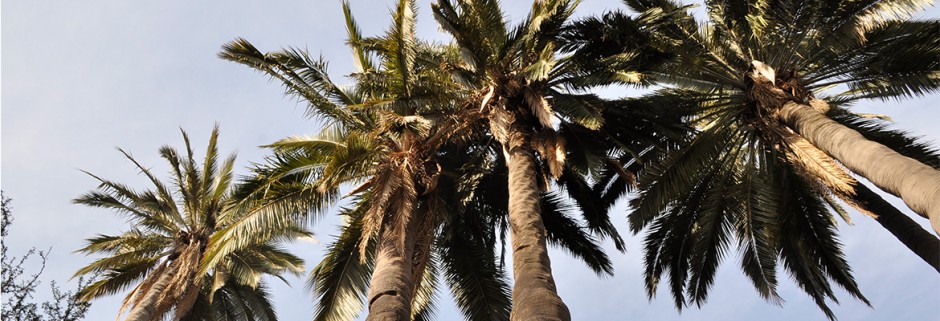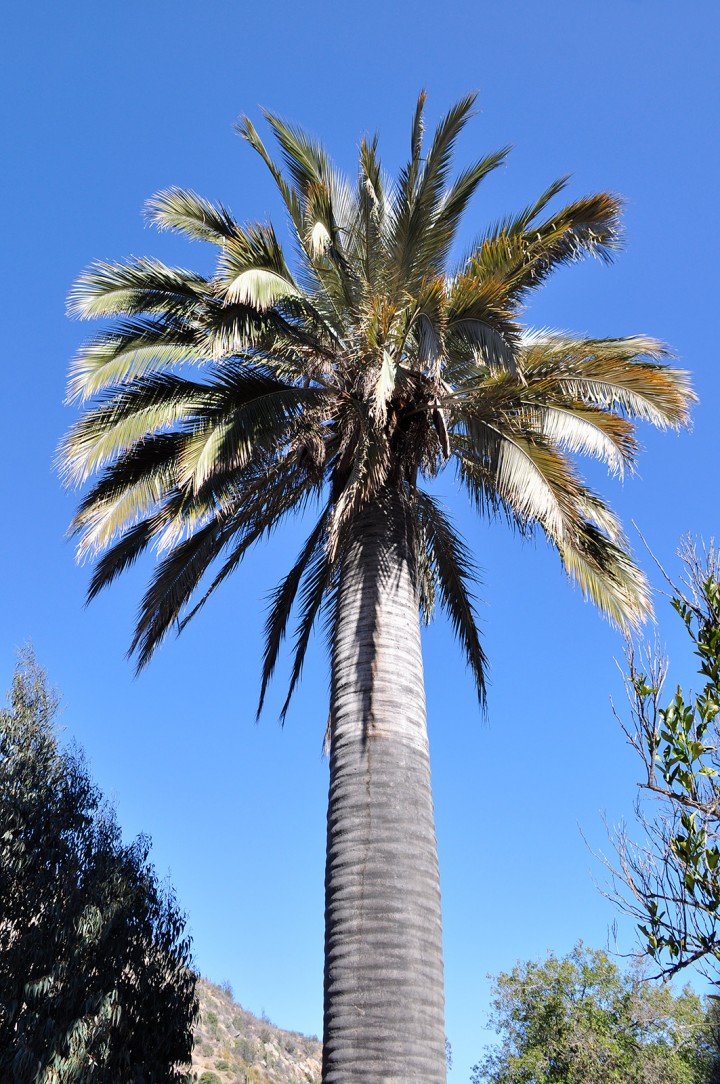Sustainability Policy of the AYCA LA FLORA Boutique Hotel
„Die Würde des Menschen ist unantastbar." (Grundgesetz Bundesrepublik Deutschland, Artikel 1 (1))
"Human dignity is inviolable."
This is article No. 1 of the German Constitution and the ethical basis of our lives.
With our boutique hotel we have the good fortune, the possibility and the duty to actively live our ethical principles. This includes respecting not only human dignity, but also the whole environment (economic, socio-cultural and environmental) in which we live - taking care of the heritage site, the environment and of course the neighborhood with all the neighbors. We are proud of Chile, Valparaíso and our green site, and strive to take care of it as well as possible.
AYCA LA FLORA is located in a historic neighborhood in the center of Valparaíso (designated a UNESCO "World Heritage Site") and not only contains a historic house but also a large garden that provides space for endemic flora and fauna.

With these aspects in mind, we declare that:
We are a boutique hotel that respects the importance of the immediate environment and that can be an important agent of change in the improvement and development of the local tourist industry.
We therefore publicly commit ourselves to being an example of how to comply with high sustainability standards, at the same time maintaining a high level of quality in the services and tourism products we offer.
All our products and services are planned to the highest environmental standards, as will future projects currently in development, resulting in the least possible environmental and social impact. We try to satisfy all tourist requirements by using local community services. In addition, the socio-cultural field is of vital importance to us. We hope to pass on to all our clients our respect for the fact that our tourist destination is enriched by the culture, traditions, gastronomy and idiosyncrasies of its people.
AYCA LA FLORA commits itself to meeting social and environmental demands whilst guaranteeing sustainable development based on the following principles:
- Renouncing any form of human exploitation, especially sexual and particularly when it affects children;
- Providing equal employment opportunities to members of the local community without any discrimination;
- Buying locally as far as possible and having a sustainable purchasing system, favoring environmentally friendly products;
- Offering the best quality of services;
- Minimizing the negative impact that tourism operations could have on the environment;
- Stimulating the local economy;
- Contributing to the integral development of the community and local well-being;
- Restoring, conserving and protecting natural ecosystems and native biodiversity;
- Restoring, conserving and protecting cultural heritage;
- Minimizing consumption and using water and energy resources efficiently;
- Minimizing generation and responsibly managing waste;
- Being an agent of change, encouraging the articulation of key actors in the local tourist destination;
- Encouraging customers and suppliers to join in the effort to carry out their activities in a sustainable manner;
- Adhering to global codes and causes that contribute to the sustainable development of tourism;
- Adhering to the principles of fair trade;
- Controlling the impact of our operations by measuring the carbon footprint, life cycle analysis etc.;
- Respecting local communities and especially members of the indigenous population;
- Ensuring efficient transport procedures;
- Valuing propositional initiatives carried out by others, regardless of whether private or state;
- Providing relevant, current and genuine information to tourists and travelers.

Our sustainability project
The Chilean palm is endemic to the Valparaíso Region.
Jubaea chilensis grows in the Chilean Mediterranean climate zone with cold, rainy winters and hot, dry summers. It is the only variety of palm trees outside the tropical zone.
The palm tree has a very slow growth. The first 15 years only reaches 1 m of growth. Only at the age of 80 it starts to give flowers and seeds (small cups of 2 cm in diameter).
Due to the loss of its habitat, the abundant use of its fiber and the famous palm honey, and the plagues of rodents which eat the fruits, today the Chilean palm is in danger of extinction.
On a piece of land in Las Palmas de Olmué, AYCA LA FLORA is reforesting the Chilean palm.
For each guest, we promise to take care of more Palmas. At least 2% of the value of your stay will be reinvested in the care of the palms.